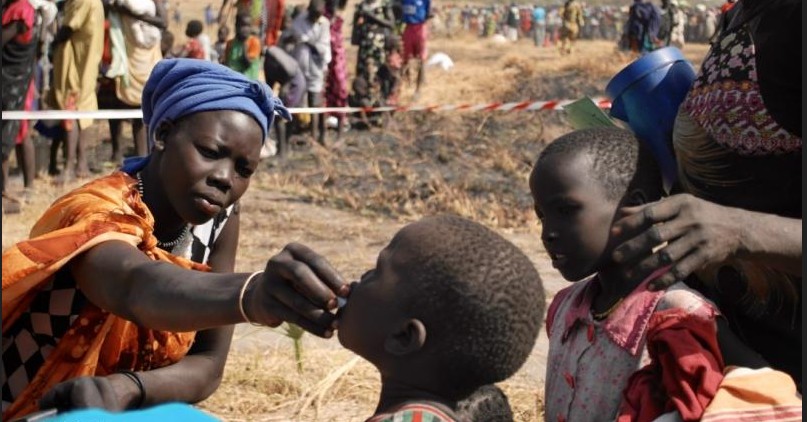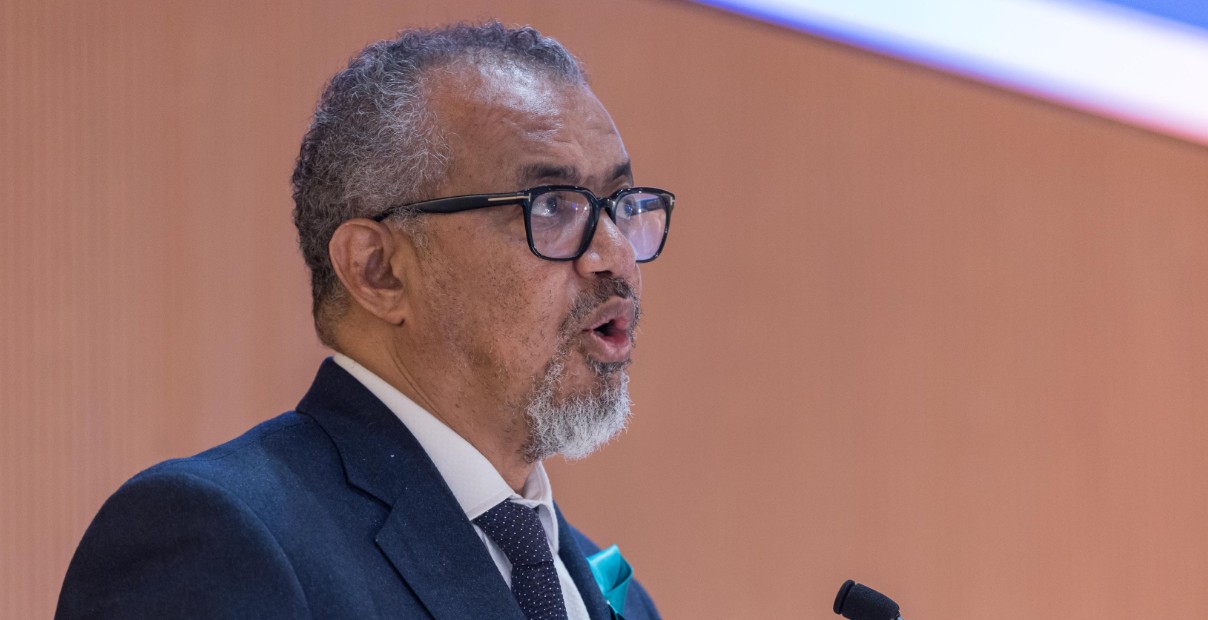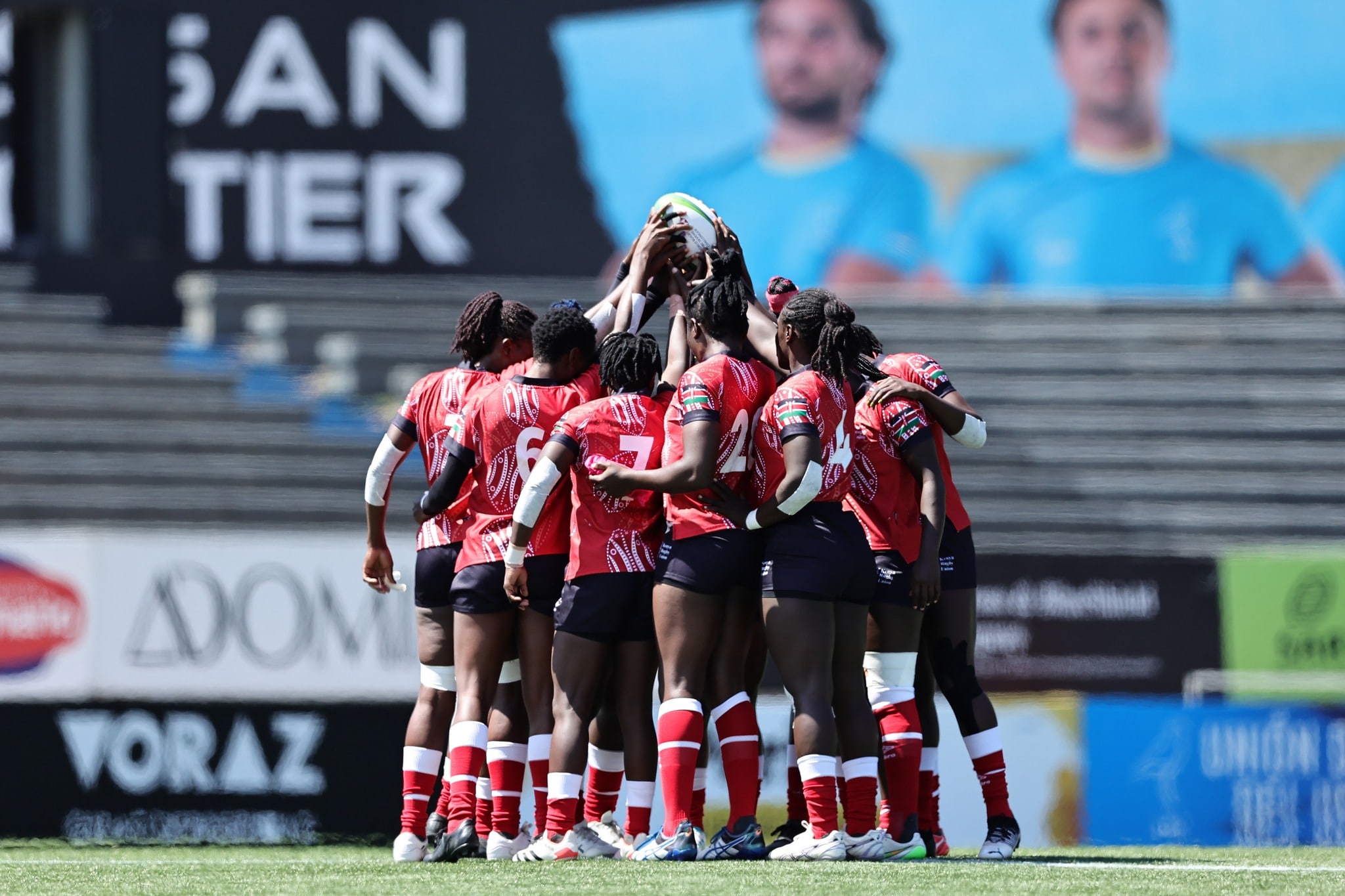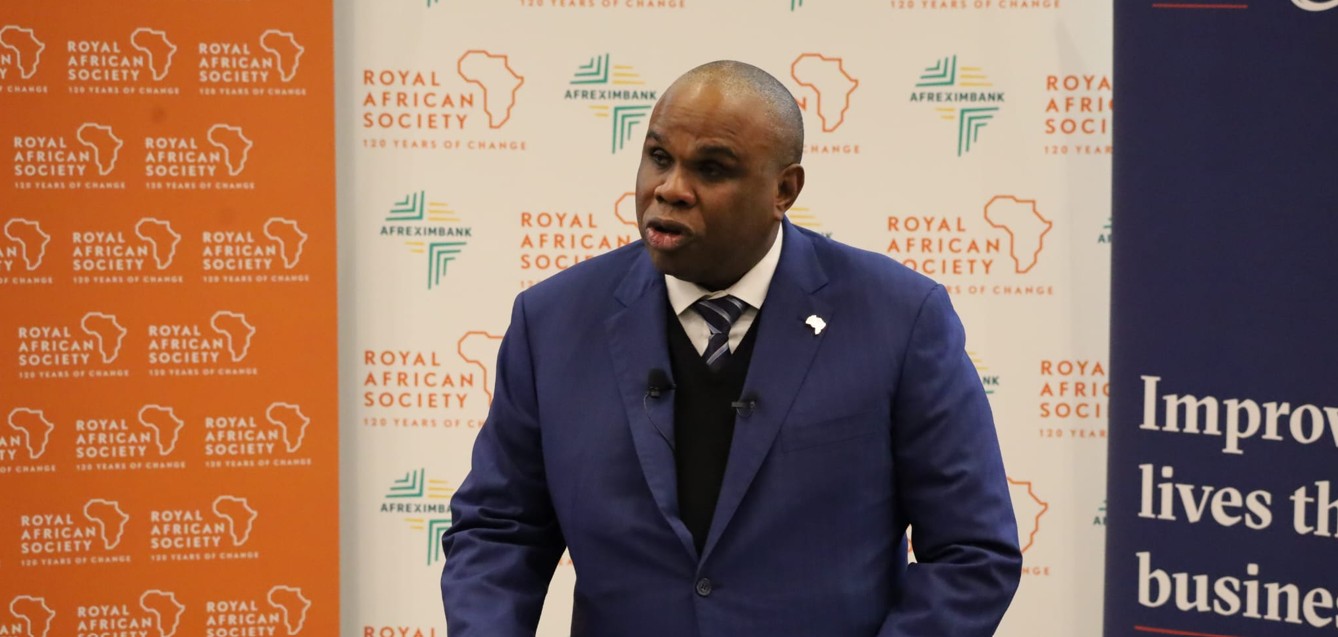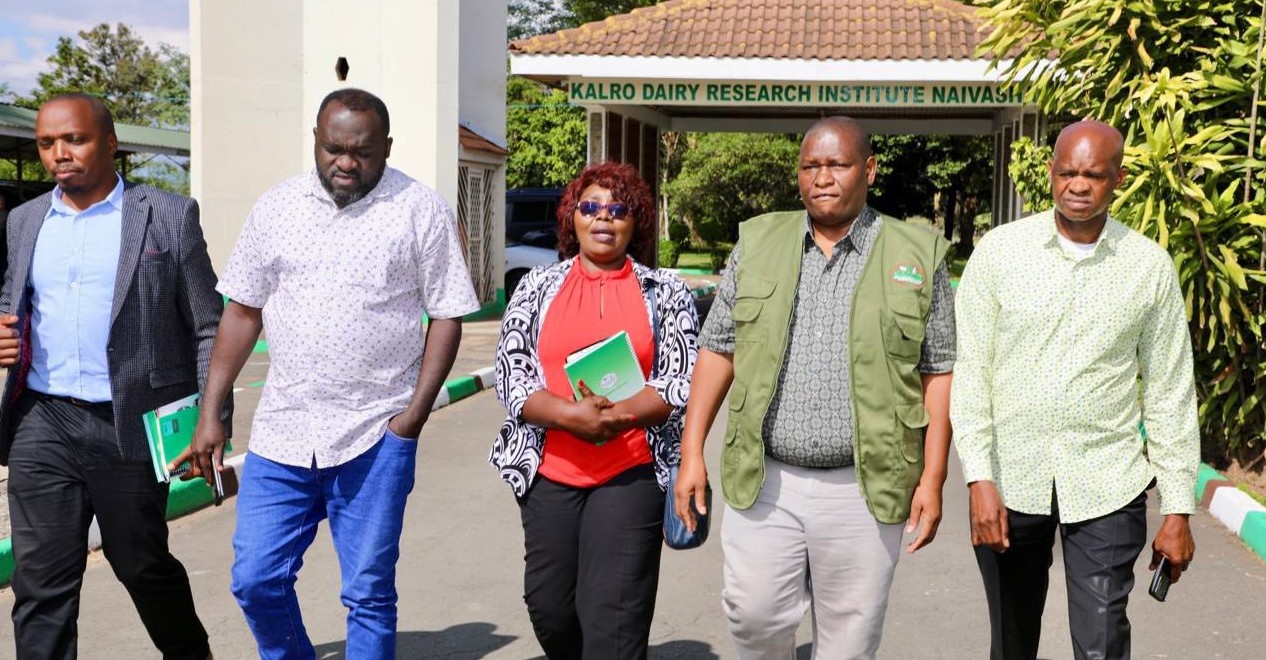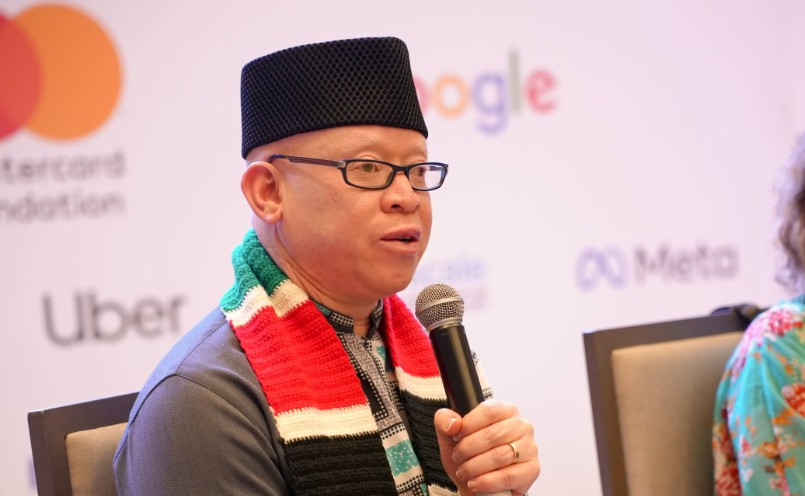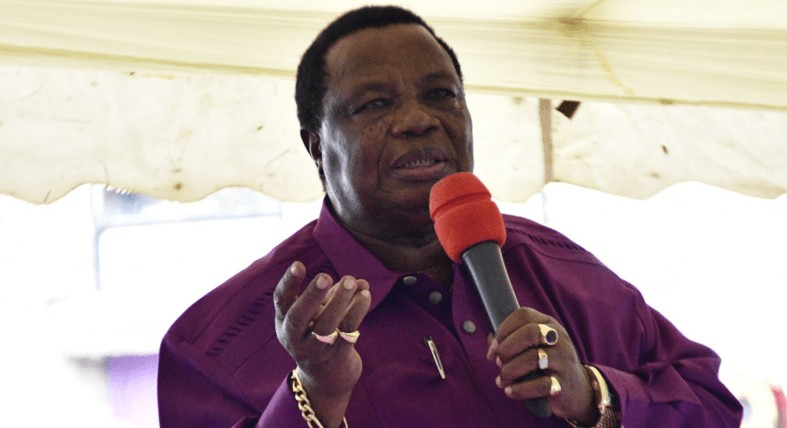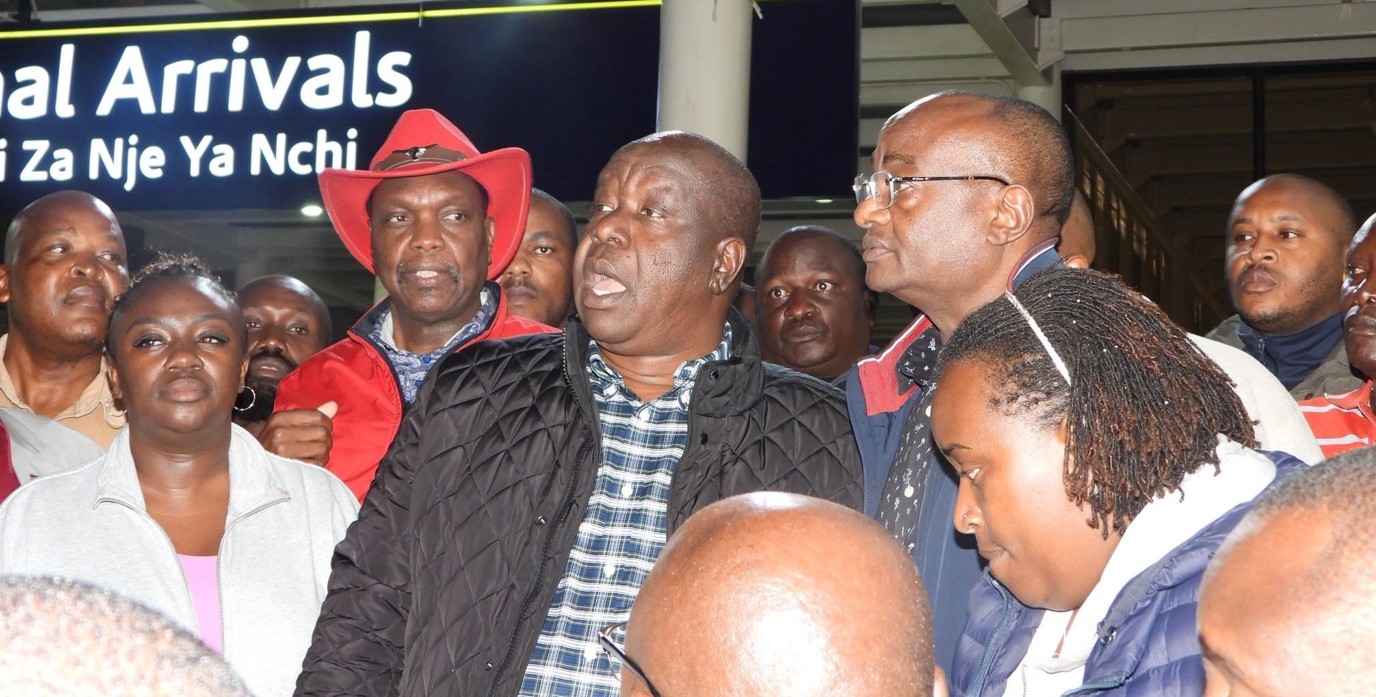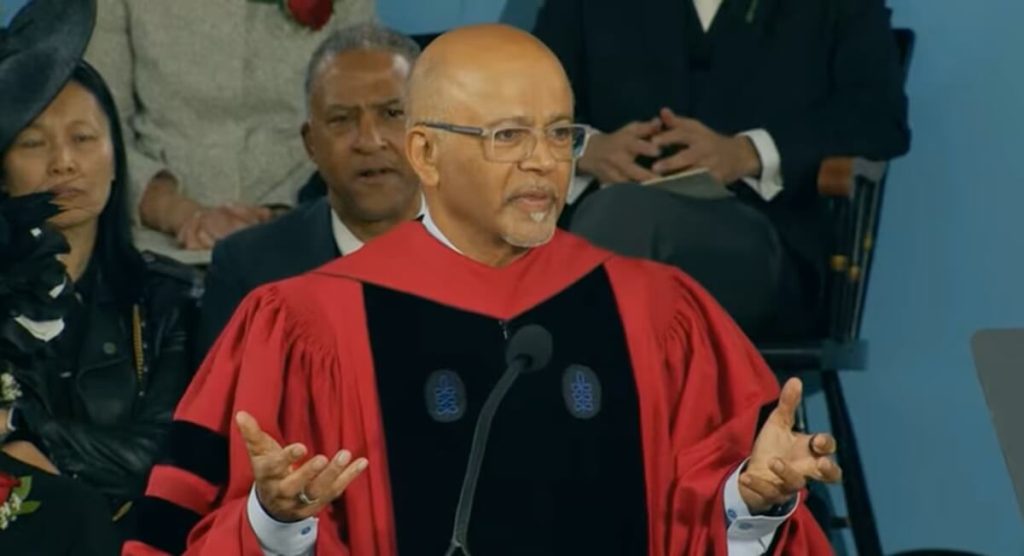Kenyan MPs demand sanctions, expulsion for EAC member states defaulting on payments
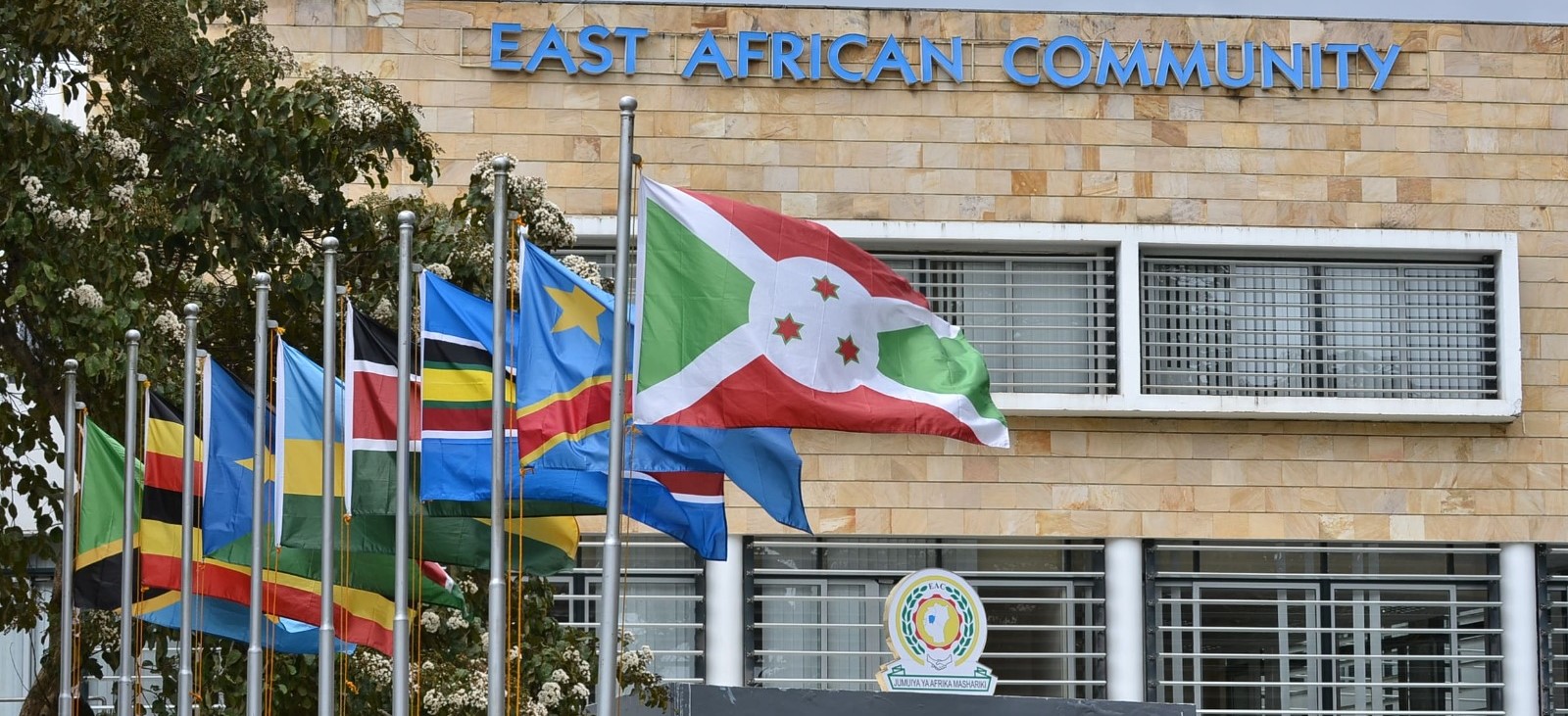
MPs warned that the ongoing shortfalls are threatening the day-to-day operations of the regional bloc, including delays in staff remuneration and the slow implementation of key development projects.
The National Assembly’s Departmental Committee on Regional Integration has expressed serious concern over the East African Community’s (EAC) financial instability, blaming the persistent failure of several member states to honour their financial commitments.
MPs warned that the ongoing shortfalls are threatening the day-to-day operations of the regional bloc, including delays in staff remuneration and the slow implementation of key development projects.
More To Read
- EAC borrows Sh85.3 million internally amid deepening financial crisis
- Winnie Odinga's EALA reality check reveals deeper crisis in regional legislature
- EAC central banks adopt master plan to modernise cross-border payments
- Ruto convenes first meeting of Luanda-Nairobi Peace Process facilitators amid DRC crisis
- Sh310 million budget request to Parliament for Ruto’s EAC job raises eyebrows
- East African bloc urges South Sudan to free arrested officials
During a session with the State Department for East African Community Affairs, the committee reviewed recent reports from the East African Legislative Assembly (EALA), covering proceedings from the recent sitting held in Arusha, Tanzania.
Parliamentary representatives expressed frustration that Kenya, despite consistently meeting its contributions, continues to receive disproportionately few benefits from the bloc.
Led by Committee Chairperson Irene Mayaka, MPs raised questions about the sustainability of the EAC’s funding model.
MPs called for urgent reforms to the enforcement framework, including the possibility of imposing sanctions—or even expelling—countries that repeatedly default on their contributions.
Mayaka also called for clear legal and policy guidance to address the growing concerns within the EAC framework, asking what the most effective steps would be under current laws and treaties.
“What is the most effective path forward under existing EAC laws and policies?” she asked.
Karachuonyo MP Okuome Adipo raised concerns about ongoing trade disruptions affecting local communities, particularly fishermen on Lake Victoria.
He questioned whether seamless trade with Uganda could be guaranteed under the current circumstances.
The committee also discussed a proposal that would allow member states to directly fund salaries for staff seconded to EAC institutions.
While members expressed conditional support, they noted that such a move would require formal treaty amendments to be viable.
MPs concluded that without strong reforms and improved accountability, the EAC risks continued operational setbacks and a loss of confidence among contributing nations.
“Kenyans are facing serious challenges when it comes to fishing in Lake Victoria,” he said. “Can you guarantee seamless trade with Uganda?”
In response, Principal Secretary for the EAC, Dr. Caroline Karugu, acknowledged the funding challenges and confirmed that the matter is under active discussion at the Summit level.
Dr Karugu assured the MPs that partner states were being encouraged to remit their contributions for the 2024/25 financial year in accordance with the bloc’s financial rules and regulations.
She also urged Parliament to consider structural reforms that could enhance regional trade and investment, including improvements to tax systems and the ease of doing business across borders.
“I remain optimistic that we will find a way forward to revitalise the Community,” stated Dr. Caroline Karugu, Principal Secretary, EAC.
Top Stories Today
